Charles Luk (1898-1978) was born in Guangdong - an area of international interaction. During the pro-Western Nationalist Revolution of 1911/12 - he would have been around 13-14 years of age. Even prior to this, he may well have been exposed to English settlement (and schooling) in the Guangzhou area. He remained very tight-lipped about his education - possibly because it may have been missionary-based and he did not believe in the Western religion.
From what I gather, Charles studied under a Mongolian Lama who lived in the Sichuan area of South-West China (where millions of Tibetans also live). He was interested in the Phowa method of consciousness-transformation at the point of death. This had no bearing on his training with Master Xu Yun (1840-1959). Ch'an and Phowa are two independent and different methods - with Phowa being a preparation for the dying procedure - although traditionally Ch'an Master did not require this.
Within China, the current biography of Master Xu Yun is much longer than that translated compiled by Cen Xue Lu and translated by Charles Luk - which is now out of date despite being the only blue-print available in the West. Empty Cloud conveys the basic story even though there are some errors, etc.
https://icbi.weebly.com/chrsquoan-master-jing-hui---history-of-master-xu-yunrsquos-complete-biographical-text.html
One of my Chinese students presented me with a 'new' version and it is very interesting - giving a more all round perspective. Xen Xue Lu also altered the text slightly to give a certain bias toward the reading - as did Charles Luk. Neither were happy with Xu Yun's criticism of Tibetan Buddhism or Christianity! It is also interesting to note the complete absence of the recording of the Nationalist destruction of the Shaolin Temple (in Henan) during 1928 - the traditional home of Ch'an Buddhism in China! Cen Xue Lu admits in his biography that he once worked for the Nationalist government which pursued a policy of clearing land of temples to build housing, schools and hospitals, etc, a policy he later rejected as a 'mistake'. Charles Luk removed Xu Yun's letter to Chiang Kai-Shek criticising his embracing of the foreign religion of Christianity:
https://wenshuchan-online.weebly.com/xu-yunrsquos-letter-to-chiang-kai-shek.html
Both scholars retained the majority of Xu Yun's text and certainly did not alter his teaching method directly - but through omissions and the strategic placing of details, a certain politic trajectory is established through the editing and translation processes - giving the mistaken impression that such an interpretation was present in Xu Yun's original text - when in fact Xu Yun was very careful to be 'apolitical' whilst dealing directly with what was going on around him. In other words, the political sway of Empty Cloud represents the politics of the era as interpreted by Cen Xue Lu and Charles Luk (both of whom ended-up living in the British Colony of Hong Kong).
Best Wishes
Adrian
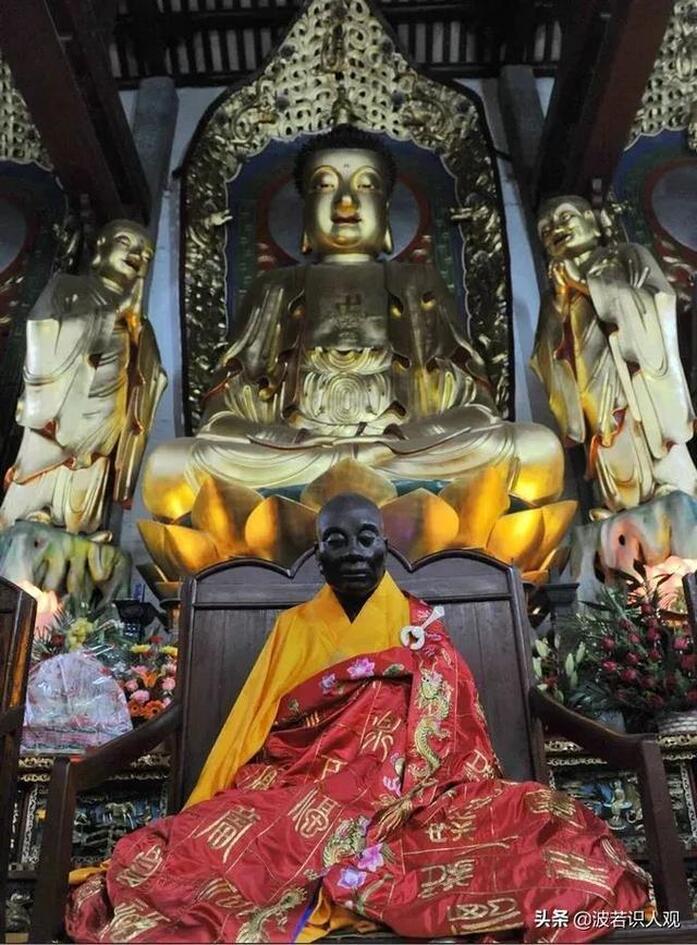
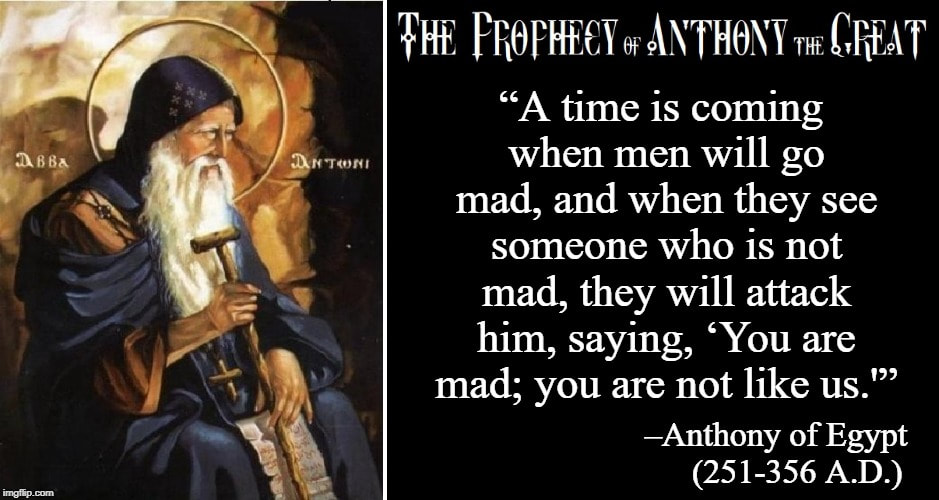
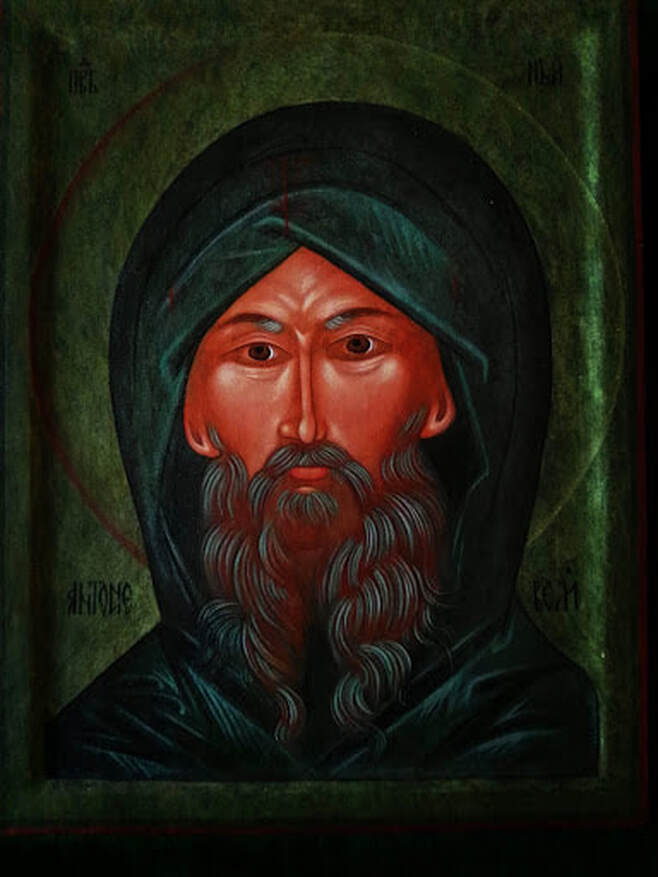
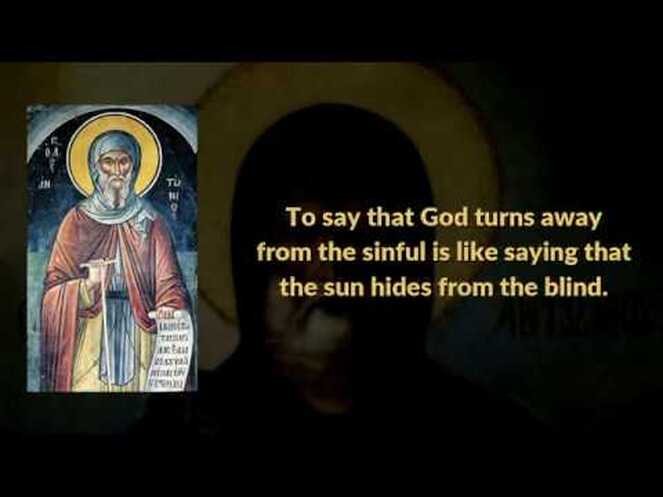
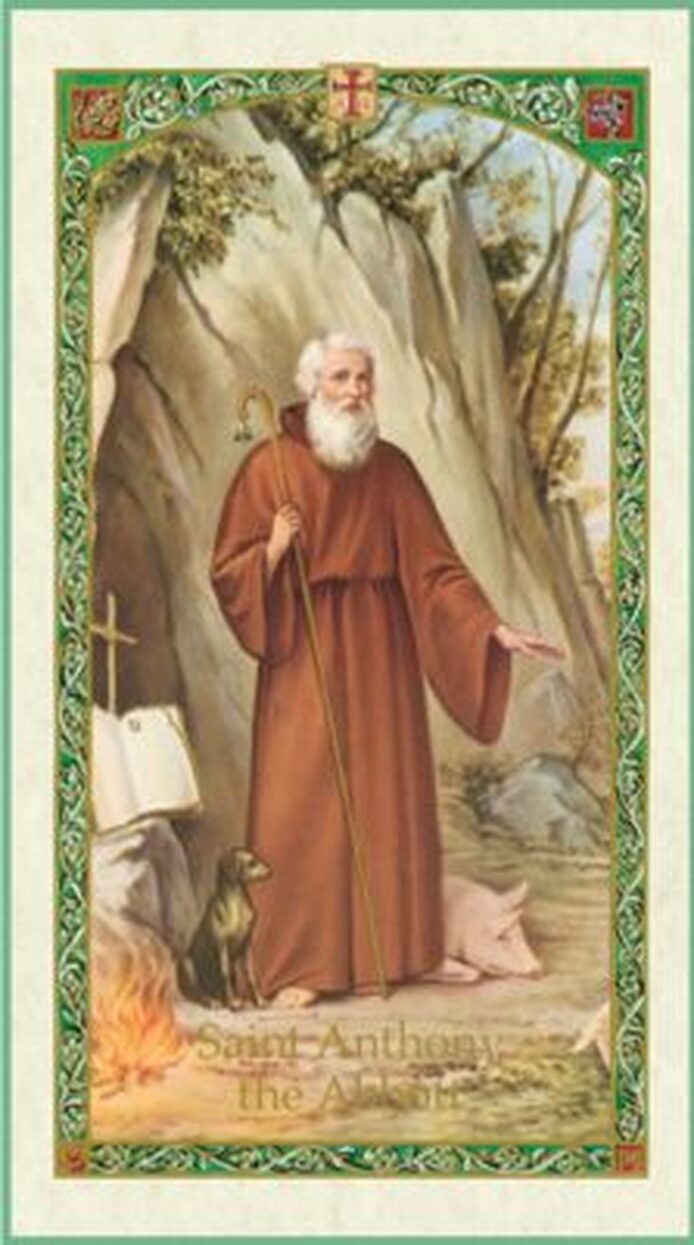

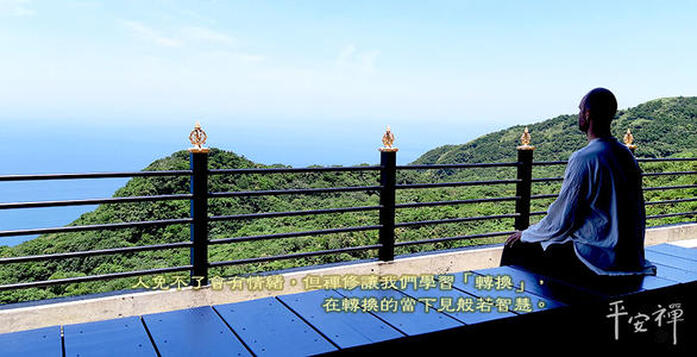
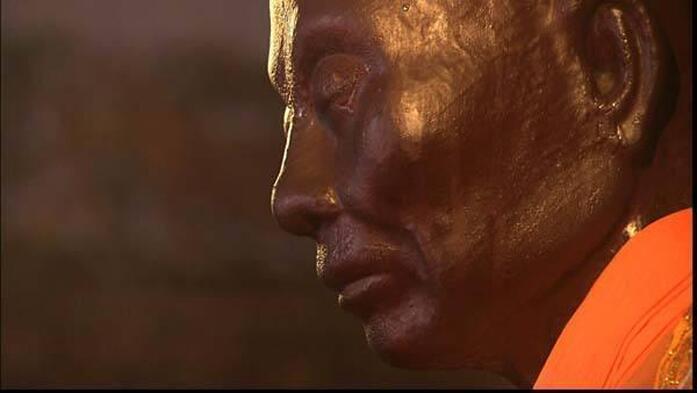
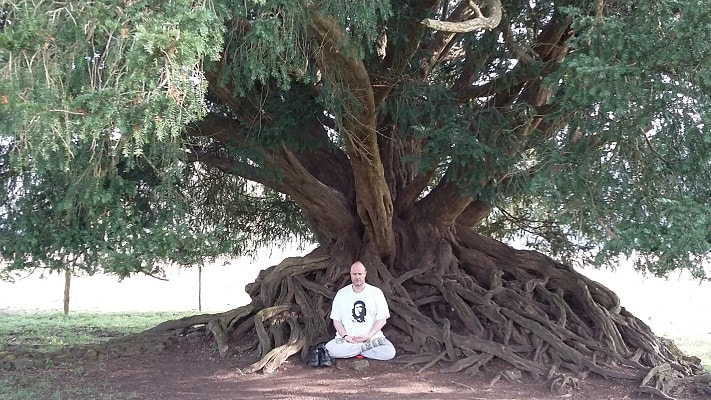
 RSS Feed
RSS Feed